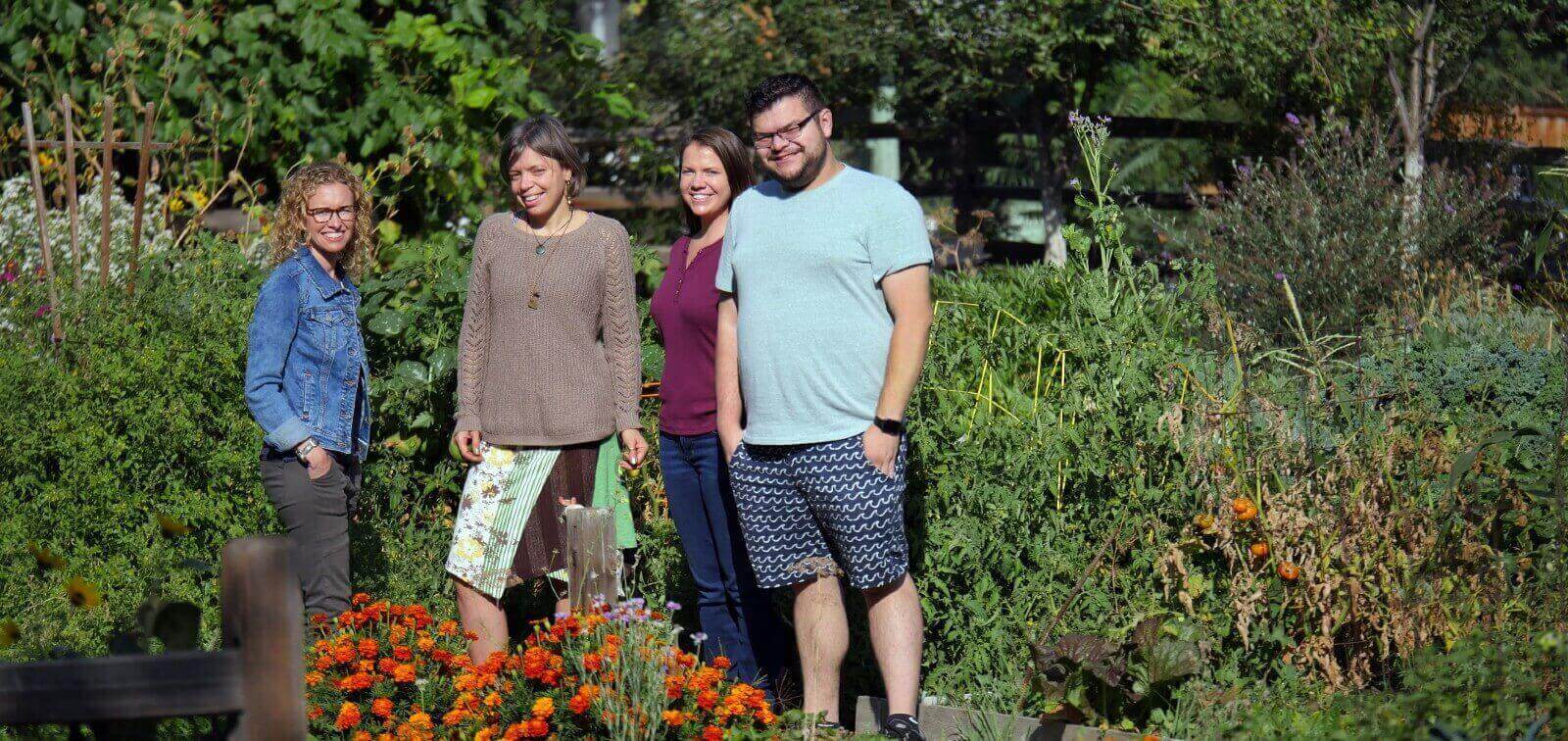Gardening Can Help Reduce Cancer Risk and Improve Mental Health, Study Finds
Research finds people who garden eat more fibre, get more physical activity and suffer less stress and anxiety
12.01.2023
A randomised controlled trial of community gardening has found that people who start gardening eat more fibre and get more physical activity—two things known to reduce the risk of cancer and chronic diseases. Their levels of stress and anxiety also decreased significantly. The results of the study, led by a scientific team from the University of Colorado Boulder in collaboration with the Barcelona Institute for Global Health (ISGlobal), a centre supported by the “la Caixa” Foundation, were published on 4 January in the journal Lancet Planetary Health.
"These findings provide concrete evidence that community gardening could play an important role in preventing cancer, chronic diseases and mental health disorders", says senior author Jill Litt, ISGlobal researcher and professor in the Department of Environmental Studies at the University of Colorado Boulder.
Litt has spent much of her career looking for affordable, scalable and sustainable ways to reduce the risk of disease, especially among low-income communities. Gardening seemed like an ideal place to start. “No matter where you go, people say there’s just something about gardening that makes them feel better,” said Litt. But solid science on its benefits is hard to come by. “Without evidence, it’s hard to get support for new programs.”
Some small observational studies have found that gardening people tend to eat more fruit and vegetables and have a healthier weight. But it has been unclear whether healthier people just tend to engage in gardening or whether gardening influences health. Only three studies have performed a randomised controlled trial. None have looked specifically to community gardening.
To fill this gap, 291 non-gardening adults were recruited, with an average age of 41, from Denver (Colorado, United States). More than half came from low-income households. Half were assigned to the community gardening group and half to a control group that was asked to wait one year to start gardening. Both groups took periodic surveys about their nutritional intake and mental health, underwent body measurements, and wore activity monitors.
More fibre and better mental health
By fall, those in the gardening group were eating, on average, 1.4 grams more fibre per day than the control group—an increase of about 7%. The authors note that fibre exerts a profound effect on inflammatory and immune responses, influencing everything from how we metabolise food and how healthy our gut microbiome is, to how susceptible we are to diabetes and certain cancers. People in the gardening group also increased their physical activity levels by about 42 minutes per week.
Study participants also saw their stress and anxiety levels decrease, with those who came into the study most stressed and anxious seeing the greatest reduction in mental health issues.
The social connection is also important. “Even if you come to the garden looking to grow your food on your own in a quiet place, you start looking at your neighbour’s plot and sharing techniques and recipes, and over time relationships bloom,” said Litt, noting that while gardening alone is good for you, gardening in community may have additional benefits. “It’s not just about the fruits and vegetables. It’s also about being in a natural space outdoors together with others.”
Reference
Litt J, Alaimo K, Harrall K, Hamman R, Hébert J, et al. Effects of a community gardening intervention on diet, physical activity, and anthropometry outcomes in the USA (CAPS): an observer-blind, randomised controlled trial. The Lancet Planetary Health. Volume 7, Issue 1, January 2023. https://doi.org/10.1016/S2542-5196(22)00303-5



